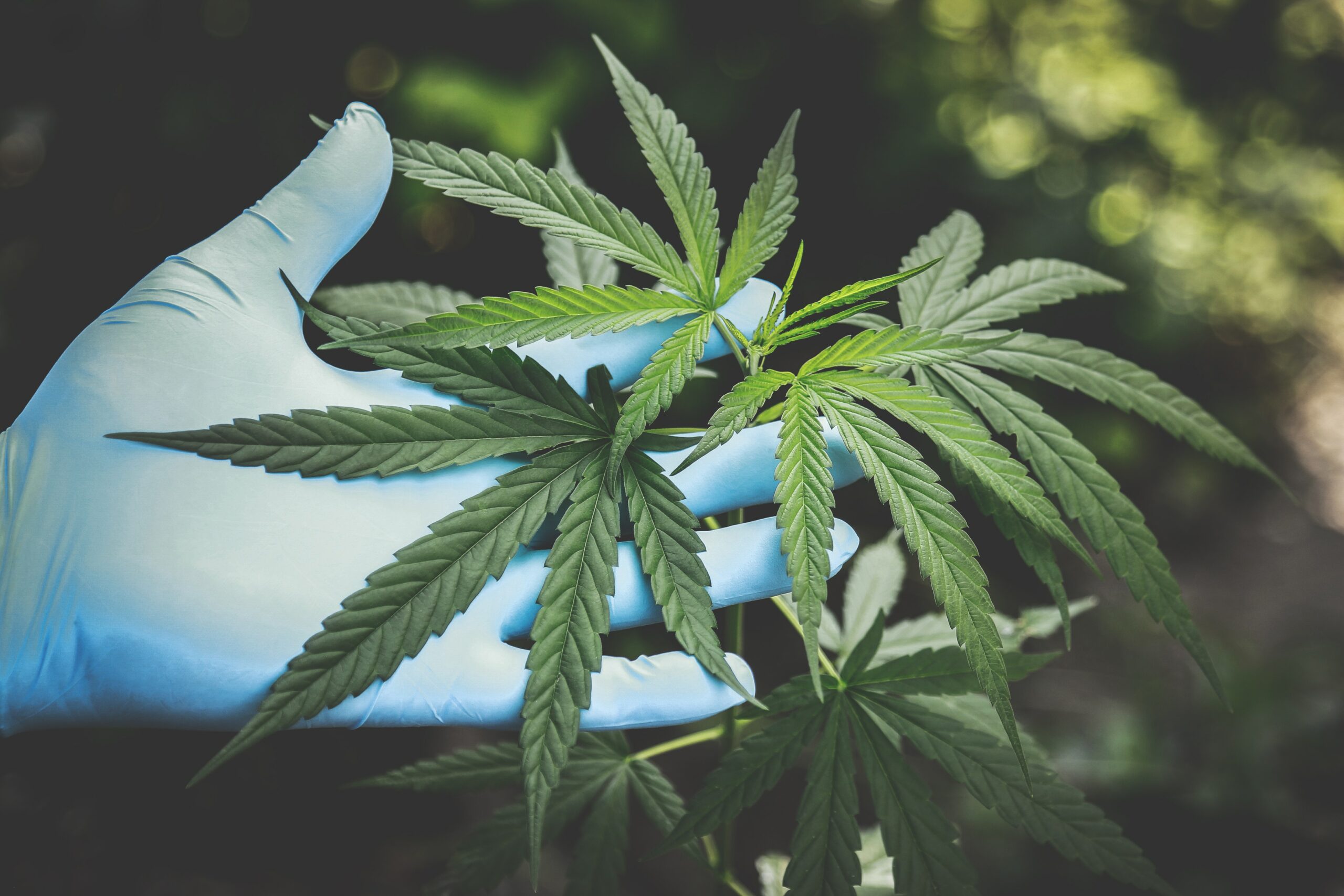Given the recent legalization of recreational marijuana use in New York State, and the regular application of drug tests in the home care industry, it is imperative for employers to understand the limitations of their ability to screen and test for marijuana use.
The Marijuana Regulation and Taxation Act (“MRTA”) amended Section 201-d of the New York Labor Law – which prohibits discrimination by an employer against an employee because of certain lawful outside work activities – to include protections for recreational cannabis use. As such, employers are now prohibited from discriminating against employees based on their use of cannabis outside of the workplace, outside of work hours, and where use does not involve the employer’s equipment or property. Under the MRTA, employers cannot take adverse action against employees for their use of legal cannabis outside of the workplace and outside of working hours work hours, except where: (a) an employer is required to take such action by state or federal law; (b) the employer would otherwise be in violation of federal law or would lose a federal contract or federal funding; or (c) the employee, while working, manifests specific articulable symptoms of impairment that either decrease or lessen the employee’s performance or interfere with the employer’s obligation to provide a health and safe workplace.
We highlight below several Q&As from the New York Department of Labor guidance for employer’s
knowledge:
- Can an employer test for cannabis? No, unless the employer is permitted to do so pursuant to the provisions of Labor Law Section 201-D(4-a) or other applicable laws.
- Can an employer drug test an employee if federal law allows for drug testing? No, an employer cannot test an employee for cannabis merely because it is allowed or not prohibited under federal law. (See e.g., USDOL TEIN 15-90 explaining that neither the Drug Free Workplace Act of 1988 nor the rules adopted thereunder authorizes drug testing of employees.) However, an employer can drug test an employee if federal or state law requires drug testing or makes it a mandatory requirement of the position. (See e.g., mandatory drug testing for drivers of commercial motor vehicles in accordance with 49 CFR Part 382; see also e.g., NY Vehicle and Traffic Law Section 507-a which requires mandatory drug testing for for-hire vehicle motor carriers in accordance with 49 CFR 382.)
- Can employers require that employees promise or agree not to use cannabis as a condition of employment? No, employers are not permitted to require employees to waive their rights under Section 201-D of the Labor Law as a condition of hire or continued employment.
- Are existing policies prohibiting use permitted? No, unless an exception applies. Employers are encouraged to update or amend such policies to reflect changes to New York State law
- Can employers prohibit use of cannabis during meal or break periods? Yes, employers may prohibit cannabis during “work hours,” which for these purposes means all time, including paid and unpaid breaks and meal periods, that the employee is suffered, permitted or expected to be engaged in work, and all time the employee is actually engaged in work.
If you have any questions about this article, or need assistance in preparing lawful marijuana use policies for your workforce, please contact us.
